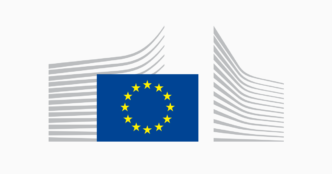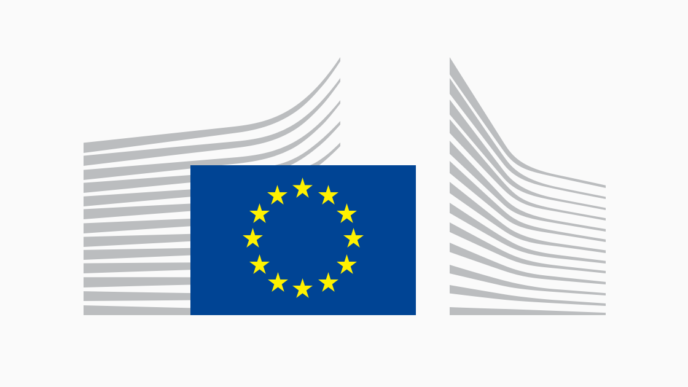Rapidly advancing technology, AI, growing climate concerns, demographic shifts, the twin (green and digital) transition, profound geopolitical changes and the rising cost of living are having significant effects on the way we live, learn and work. Survey data collected by the World Economic Forum’s Future of Jobs Report 2025 sheds light on how the labour market is expected to evolve in the next five years in response to technological and socioeconomic trends, as well as how employers are planning to respond to those changes.
According to the report, skills instability is a big concern: 54 % of European employers identify skills gaps as a major barrier. Even so, the forecast for skills alignment is generally a positive one: over 80 % of employers in Czechia, for example, plan to focus their efforts on upskilling their workforce, with that number rising to 86 % in Lithuania. In Romania, firms planning to invest in upskilling account for 94 % of those surveyed.
Which jobs and skills are on the rise?
In the next five years, we should expect to see a rise in the following domains globally:
- frontline roles: farmworkers, construction workers, food processing workers, salespersons and delivery drivers;
- care and education: social workers, counsellors, nursing professionals and teachers;
- technology: AI/machine learning specialists, software/application developers, fintech engineers and big data specialists;
- climate: autonomous and electric vehicle specialists, environmental engineers and renewable energy engineers.
Resilience, flexibility and agility are expected to be among the most sought after and fastest growing skills. Analytical thinking, creative thinking, leadership, social influence, technological literacy and environmental stewardship will significantly increase employability prospects in the newly emerging labour market landscape.
On the other hand, we will most likely say goodbye to clerical and secretarial roles, and skills such as manual dexterity, endurance and precision will decline in relevance.
Closer to home
The report foresees that the European labour market will be most affected by digitalisation, the rising cost of living and climate change mitigation efforts. These drivers will impact the jobs available to us and the skills we will need to stay employable.
In France, for example, 71 % of employers are set on introducing new technologies to augment their workforce, foreseeing that demand will grow for roles such as digital transformation specialists and software developers. Similarly, 93 % of businesses in Germany expect that AI will be key to their advancement. To that end, 81 % plan to hire from a pool of relevant experts.
Inflation remains a big concern for 70 % of Hungarian employers, and Serbian employers tend to agree. Environmental concerns are also expected to impact European business models. For example, 70 % of Italian businesses anticipate changes stemming from efforts to reduce carbon emissions.
European employers remain committed to promoting equity and diversity in the workforce as a means to expanding talent base (as expressed by 64 % of surveyed Dutch businesses). Moreover, increased flexibility, for example via hybrid working models, was noted by Spanish and Swiss employers as another approach to increase talent availability and employee retention.
Want to find out more about the projected changes in the European labour market in the coming decade? Read our article on Changing job trends: how transition towards a green, digital economy will impact European employment.
Related links:
World Economic Forum: Future of Jobs reports
Cedefop report: Skills in Transition: the way to 2035
Cedefop tool: Skills intelligence – Future employment growth
Read more:
Find EURES Advisers
Living and working conditions in EURES countries
EURES Jobs Database
EURES services for employers
EURES Events Calendar
Upcoming Online Events
EURES on Facebook
EURES on X
EURES on LinkedIn
EURES on Instagram












